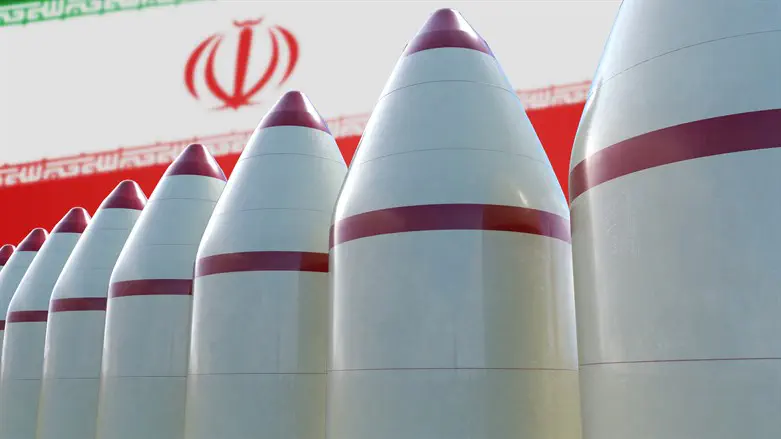Tehran’s refusal to cooperate with international inspectors and engage with the United States appears poised to trigger the snapback of United Nations sanctions, with Western diplomats indicating on Wednesday that the reimposition is the most likely scenario, Reuters reported.
Following a tense phone call on Wednesday, little progress was made between Iranian and European ministers to prevent the reimposition of international sanctions against Tehran. The E3 – Britain, France, and Germany – initiated a 30-day process at the end of August to trigger the “snapback mechanism,” which would restore UN sanctions against the Iranian regime.
Wednesday’s call involved the E3 foreign ministers, the European Union foreign policy chief, and their Iranian counterpart. The dialogue followed a recent agreement between Iran and the International Atomic Energy Agency (IAEA) to resume cooperation, including in-principle inspections of nuclear sites.
However, Western diplomats have described this accord as insufficient, lacking a clear timeframe and leaving the door open for Iran to continue its policy of evasion and stonewalling. A primary point of contention is the status of Iran’s enriched uranium stocks, which have been unaccounted for since Israel and the United States conducted airstrikes on Iranian nuclear sites in June.
The E3 had offered to delay the snapback for up to six months to allow for serious negotiations. This offer was conditional on Iran restoring access for UN nuclear inspectors and engaging in talks with the US
Iran has shown no indication of a willingness to resume talks with Washington and has stated it is still “refining” its cooperation with the IAEA. Iran’s security chief Ali Larijani said recently that Tehran was open to talks with the US, but would not accept restrictions on its missile program.
The German Foreign Ministry posted on X that the E3 “underscored that Iran has yet to take the reasonable and precise actions necessary to reach an extension of Resolution 2231,” adding that sanctions would be reimposed without “concrete actions in the coming days.” These sanctions would cripple Iran’s financial, banking, hydrocarbons, and defense sectors.
According to a statement on Iranian state media, Iranian Foreign Minister Abbas Araghchi expressed a willingness to reach a “fair and balanced” solution.
“The Islamic Republic of Iran has entered into dialogue with the International Atomic Energy Agency with a responsible approach… on how Iran will fulfil its safeguards obligations in the new situation… It is now the turn of the opposing parties to use this opportunity to continue the diplomatic path and prevent an avoidable crisis,” said Araghchi.
Despite this rhetoric, an Iranian official said, “The understanding in Tehran is that the UN sanctions will be reimposed. That is why Tehran refuses to give concessions.” An Iranian diplomat also reiterated Tehran’s vow to retaliate if sanctions are restored.
